'How do I get my dog to stop chewing the furniture?' Award-winning trainer Ben Randall has the answer
If you've got a young dog who can't stop chewing anything and everything in sight, Ben Randall has the solution.
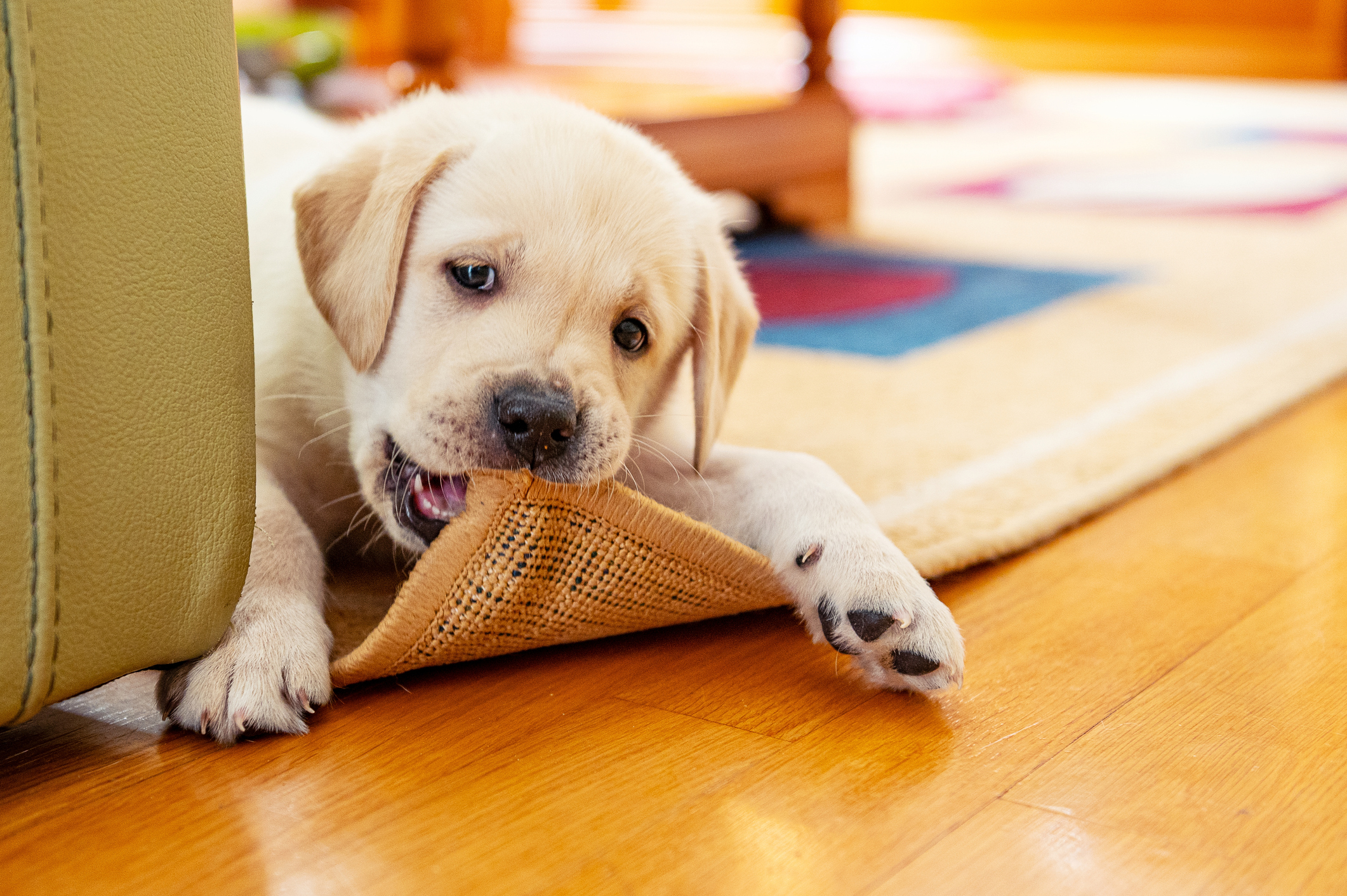

Sofas, chairs, carpets, tables, shoes, cushions, sports gear... I've heard of dogs who'll chew it all, up to and beyond the point of destruction, and then happily go and find something new to chew. It's a problem faced by many dog owners, and there can be many causes. In my years honing my Beggarbush(BG) training methods it's been something I've occasionally seen in dogs suffering from separation anxiety, and if you have an older dog then I'd recommend you start looking at underlying causes. But for many owners — including this week's reader, who emailed me at paws-for-thought@futurenet.com — the issue is, thankfully, a little simpler.
'Dear Ben, I've got a six-month-old labrador who keeps on chewing things — and especially his bed. I've had to replace it several times now because he keeps destroying it. What can I do to help him stop?' — M.S., North Yorkshire
With a dog of this age — unlike a dog that's very young, or getting on in years — there's a racing certainty that your dog is struggling with teething. It varies from breed to breed, but most dogs start to lose their baby teeth at three to four months to be replaced with adult teeth, which come through gradually over the following months. Just as with babies and young children, it can be an unpleasant experience time for them, and they'll often find that chewing things soothes the discomfort.
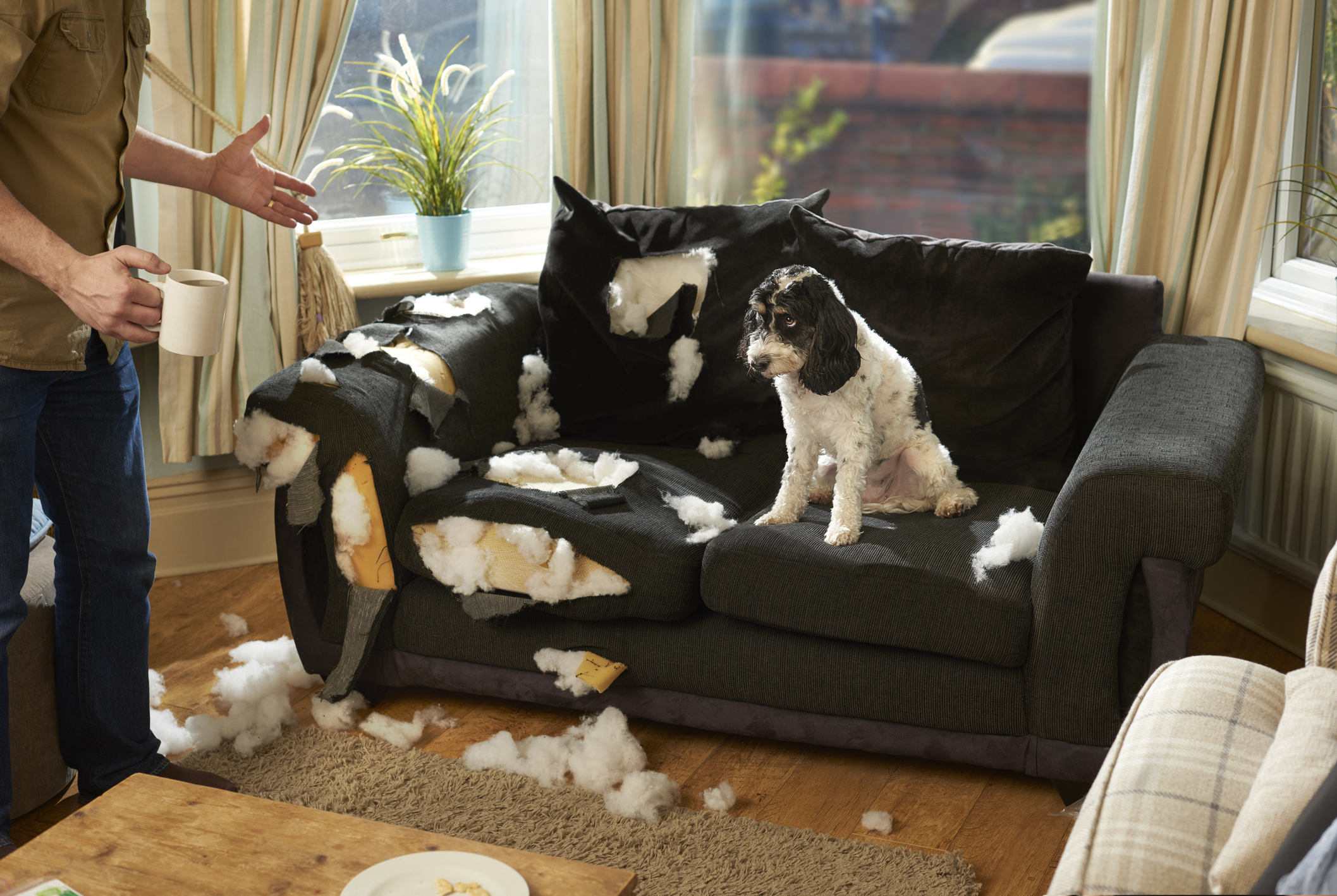
The problem, then, isn't so much a case of stopping them chewing: it's about managing their chewing so that they can soothe themselves without it being destructive. And given what you've said about destroyed dog beds, we know exactly where to start. Here's what you need to do.
How to stop a dog chewing things destructively
1. If your dog is still a tiny puppy, stop destructive chewing right from the start
In your case, M.S., I'm afraid you're too late to put this in place... but for those who still have a very young dog, it can be a huge help. When I breed a litter of puppies, I use standard vet bedding that is fixed to the floor in some way. So, for the first two months the puppies, don’t learn about pulling or ragging things with their mouths; and when they leave to join their new family, the only things they’ve had in their mouths are food or the toys and balls they’ve played with in their kennel. They’ve not really learned to bite anything, and normally the transition to the new crate and vet bed is pretty seamless.
2. Make sure your dog has a high-quality, satisfying and long-lasting chew toy
Your dog always needs to have some sort of treat or chew which will last them for as long as you need it to. My preference is to give the dog some kind of quality antler, hoof, bone or something that they can chew on whilst they’re in that bed area. With young dogs, after 20-30 mins chewing, they’ll almost always get tired and fall asleep. I find this really works.
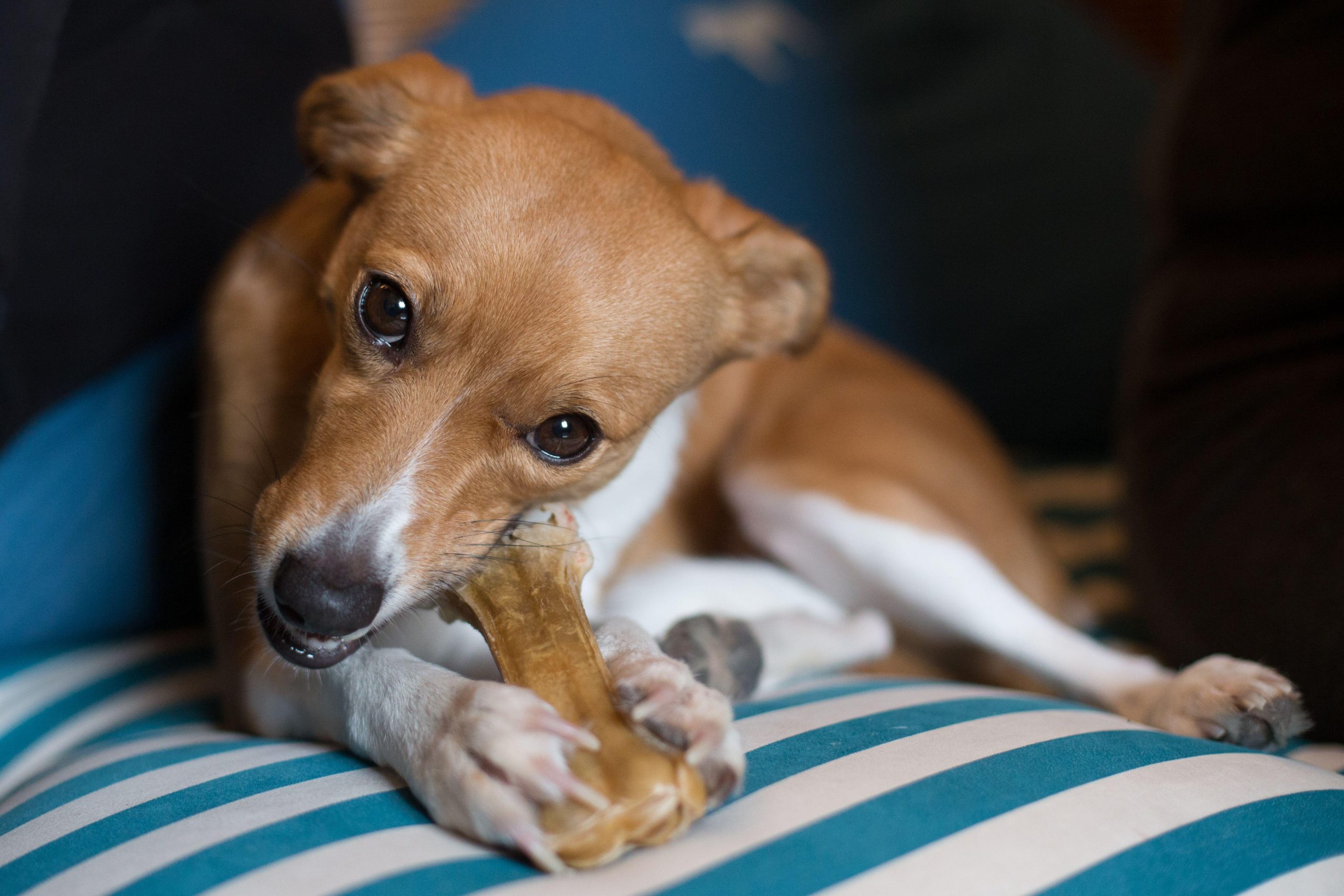
3. Make sure your dog is trained in the 'leave' command
If your dog is chewing furniture and other things during in the day, he has to be supervised — you can't just let him roam around and cause damage to your home. So stick with him, and make sure he's really well-versed in the leave command. The moment you catch your dog chewing something it shouldn’t, by using ‘leave’ and removing the dog from the area, the dog will quickly understand they’re not allowed to do what they were doing.
4. Take away the dog bed — or whatever else it may be that your dog is destroying — when your dog is unsupervised
If your dog is going through dog bed after dog bed, all we are doing by replacing the old one with a new bed is giving the dog another thing to chew. You're actually teaching the dog to chew through beds.
Sign up for the Country Life Newsletter
Exquisite houses, the beauty of Nature, and how to get the most from your life, straight to your inbox.
So what I'd like you to do is remove ALL bedding from his bed areas when he is unsupervised. Your dog needs to have a safe environment – perhaps a large crate, or a divided-off area of a room — where he cannot chew anything other than his quality chew. In our kennels – which are akin to a tiled utility room – the dogs have nothing chewable except what they’re given, and it negates the issue of chewing property to destruction.
5. Never, ever play 'tug-o-war' with your dog
This is an incredibly common mistake. Buying big tug ropes and playing physical tugs of war with your dog will only wind up your dog, and get him wired. They'll normally win and take the rope off you, then head off to chew it and rip it — and when they do that, they're learning that it's okay to chew and rip material... and while some dogs can tell the difference, others will happily move on from rope to carpet to upholstery without seeing that they're doing anything wrong.
6. Work your dog harder
A dog who's been out walking, or working on his or her training, will get tired both mentally and physically. So make the effort to do more positive training with the dog — and when you finish the training, they’ll usually need to rest. This will always make them more relaxed and less destructive.
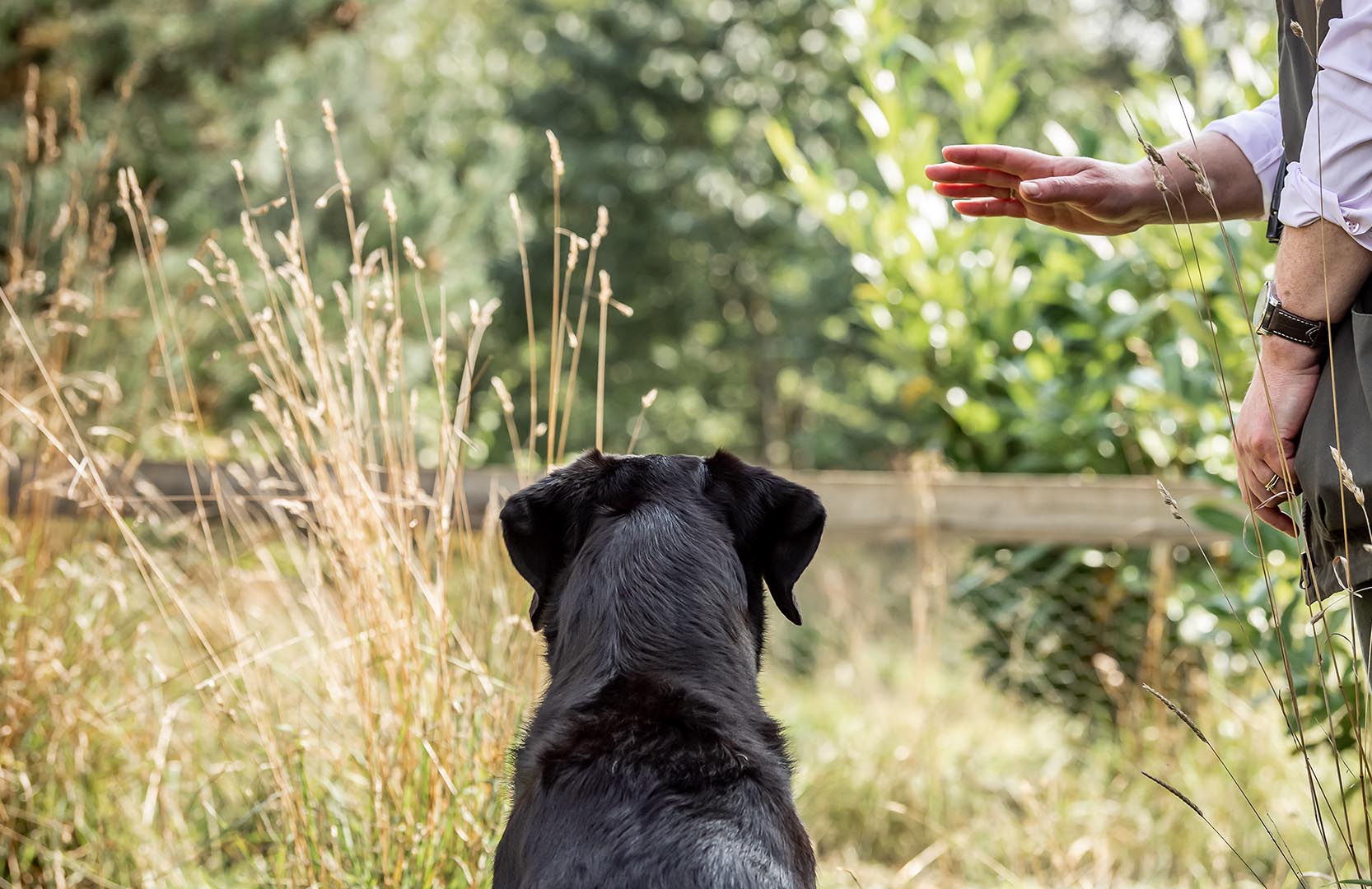
7. Consider a specialist bed if all else fails
So by this point, you've given your dog a sterile, safe environment to be left in when you're not about; given them something to chew on safely; you're supervising your dog in the home to stop him chewing the wrong things; and yet you find you're still going through endless dog beds.
There is one more thing which can help. As well as dog training, we run a luxury boarding kennels in Herefordshire — and for a long time we found that dogs who were destructive chewers would go through plastic dog beds on a weekly basis. I eventually bit the bullet and ordered hammock-style Kuranda dog beds which promised to be completely indestructible. I'll be honest, I was wary — particularly as they aren't cheap — but they've been a marvel. With multiple dogs using them, seven days a week, for six years now, not one bed has been replaced.
For more detailed advice about Ben Randall’s positive, reward-based and proven BG training methods, one-to-one training sessions, residential training or five-star dog-boarding at his BGHQ in Herefordshire, telephone 01531 670960 or visit www.ledburylodgekennels.co.uk
For a free seven-day trial of the Gundog app, which costs £24.99 a month or £249.99 a year, visit www.gundog.app/trial
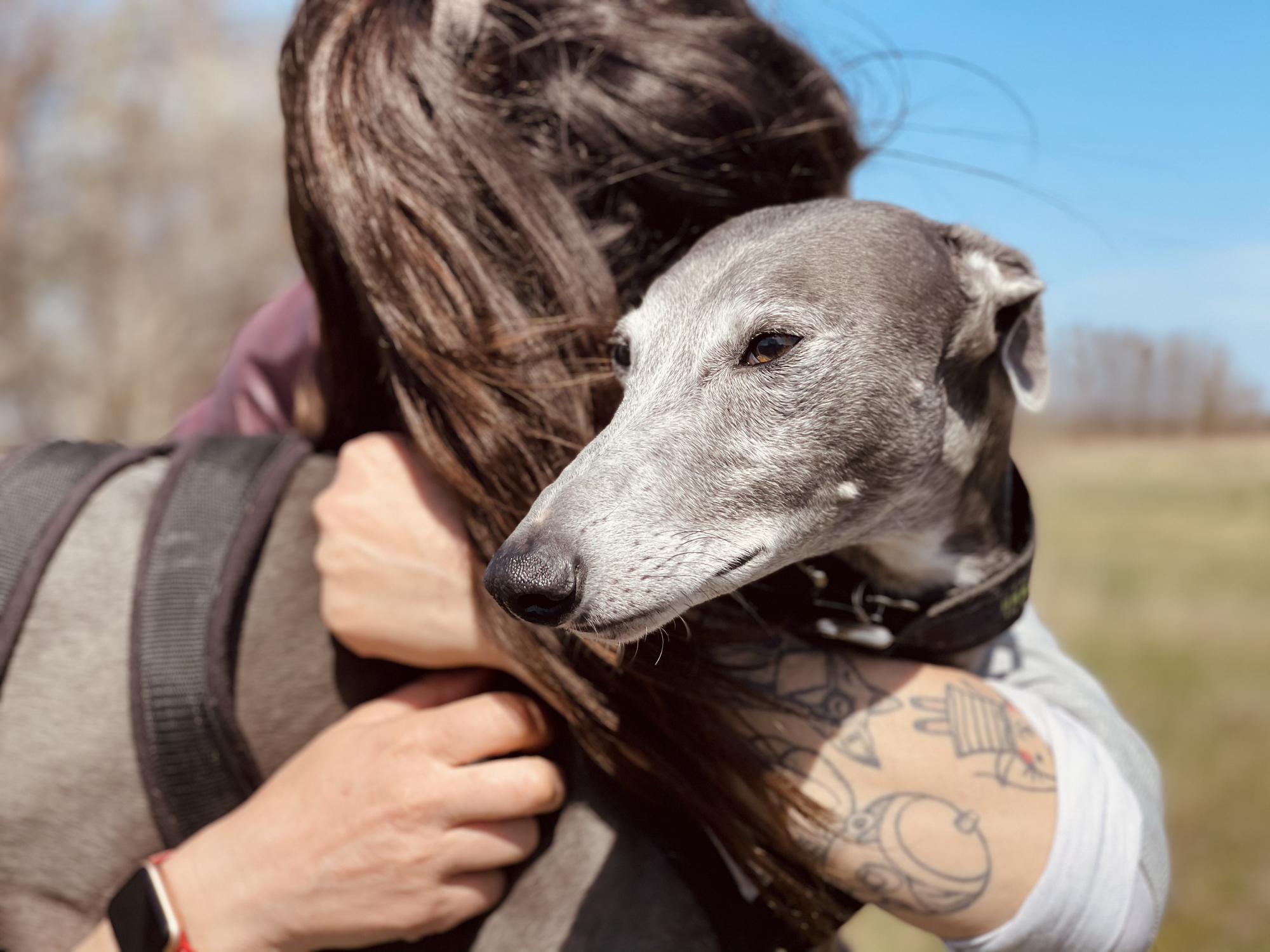
Credit: Getty Images/EyeEm
How to help a dog who's scared of going places in the car, by expert trainer Ben Randall
A retired greyhound with an unknown past is the subject of this week's advice article from our resident dog whisperer
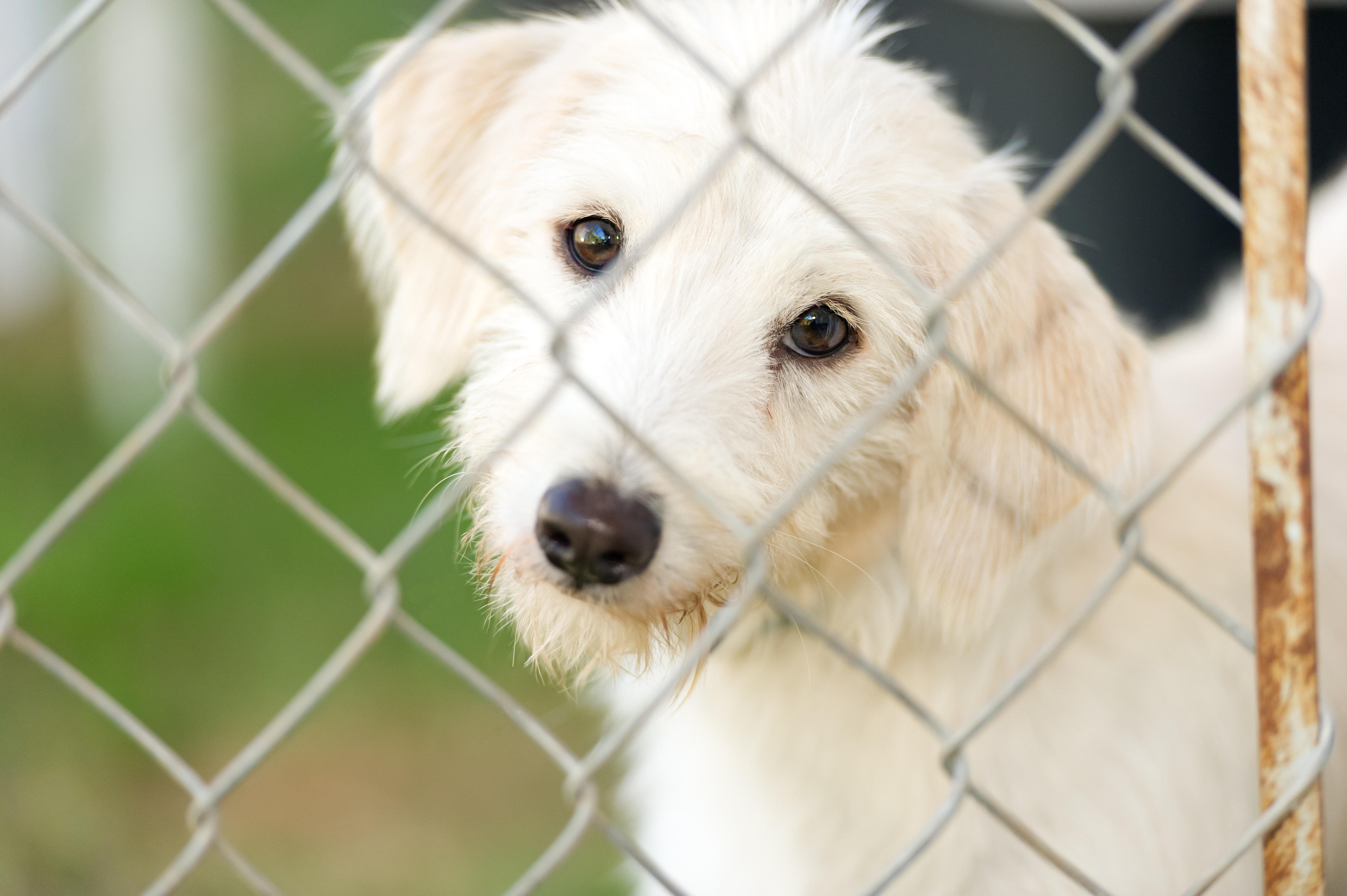
How to choose a rescue dog, by expert trainer Ben Randall
Adopting a dog in need of a new home can be a fabulous experience that will transform your life for
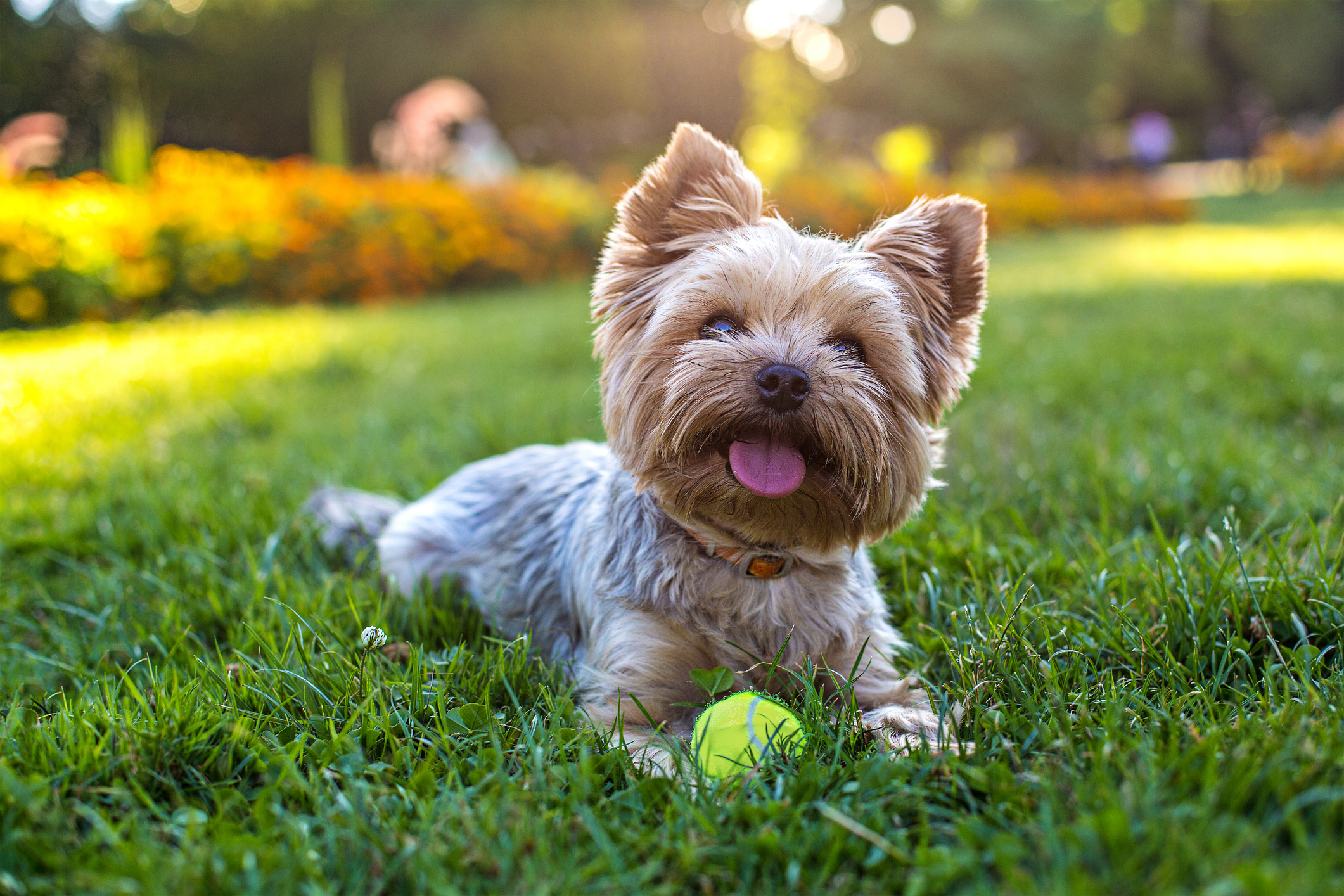
How to train your dogs around your gardening, by expert trainer Ben Randall
It's the time of year when we're all starting to get out more and more — particularly in the garden. That's
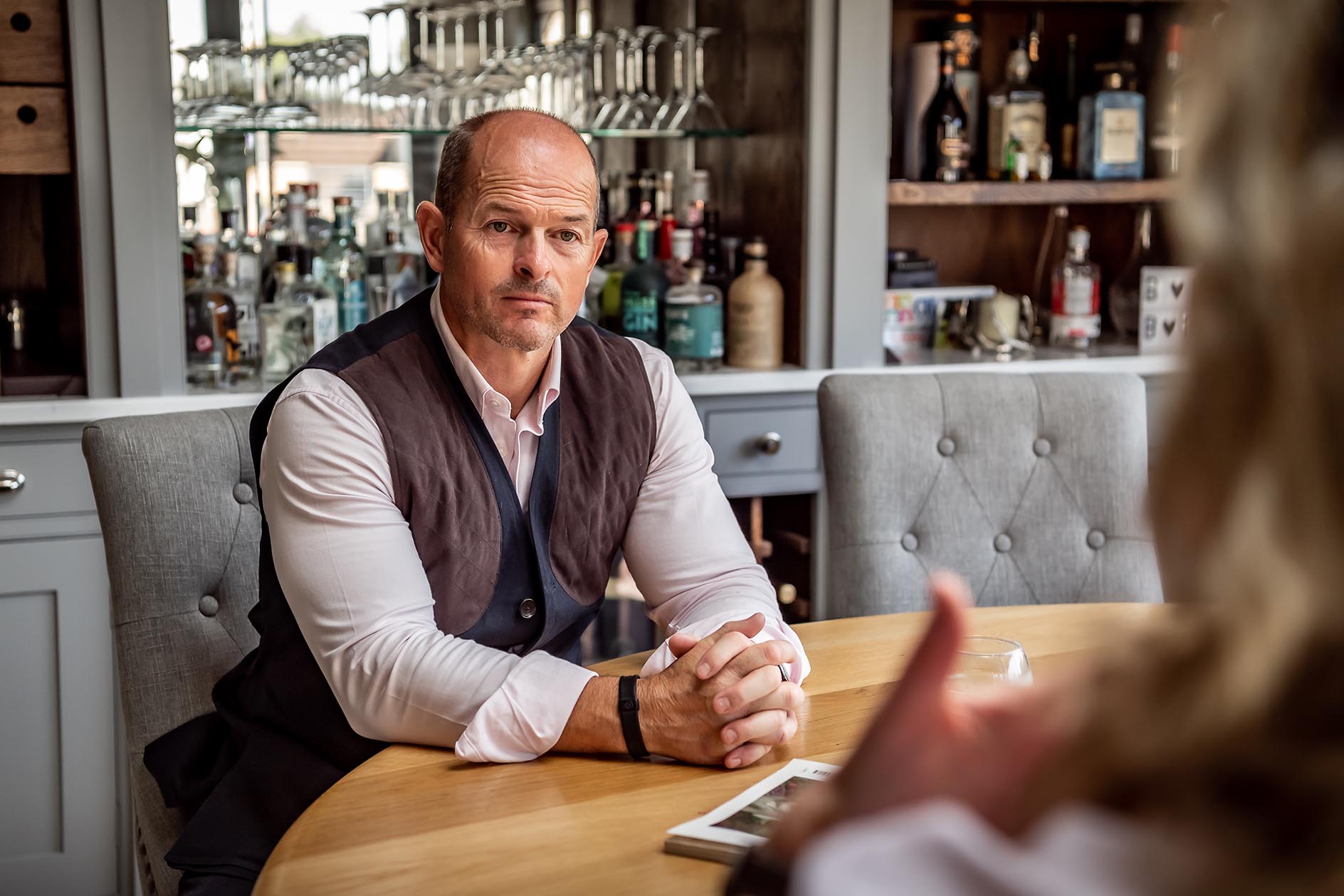
Ben Randall: Ask Country Life's canine agony uncle a question about your dog
Over the past two years our award-winning dog trainer Ben Randall has been sharing his advice with Country Life readers.
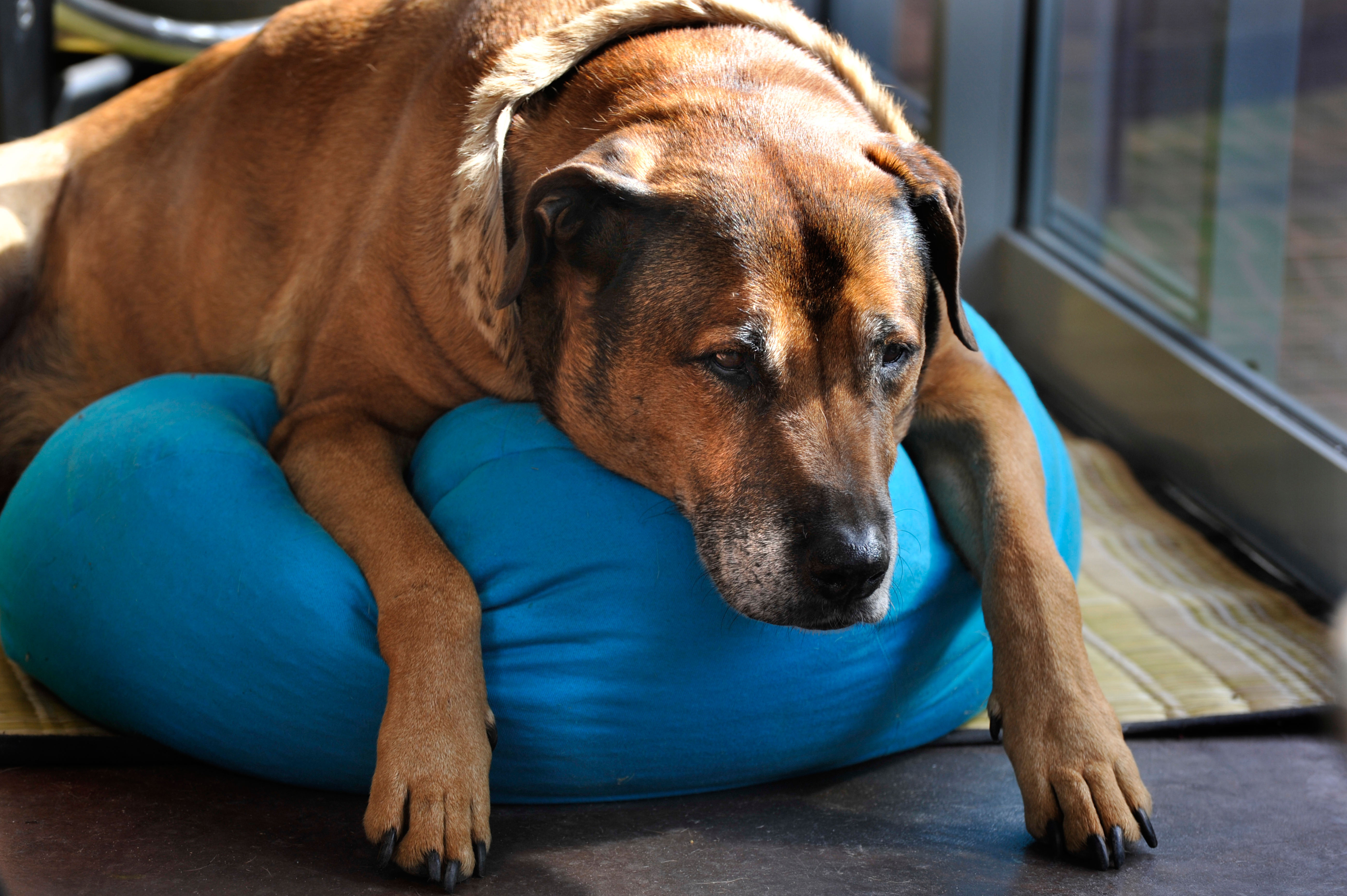
Credit: Alamy Stock Photo
How to keep your dog healthy in a summer heatwave, by expert trainer Ben Randall
With hot summer weather here it can be a challenge keeping your four-legged friend cool and happy. Ben Randall shares
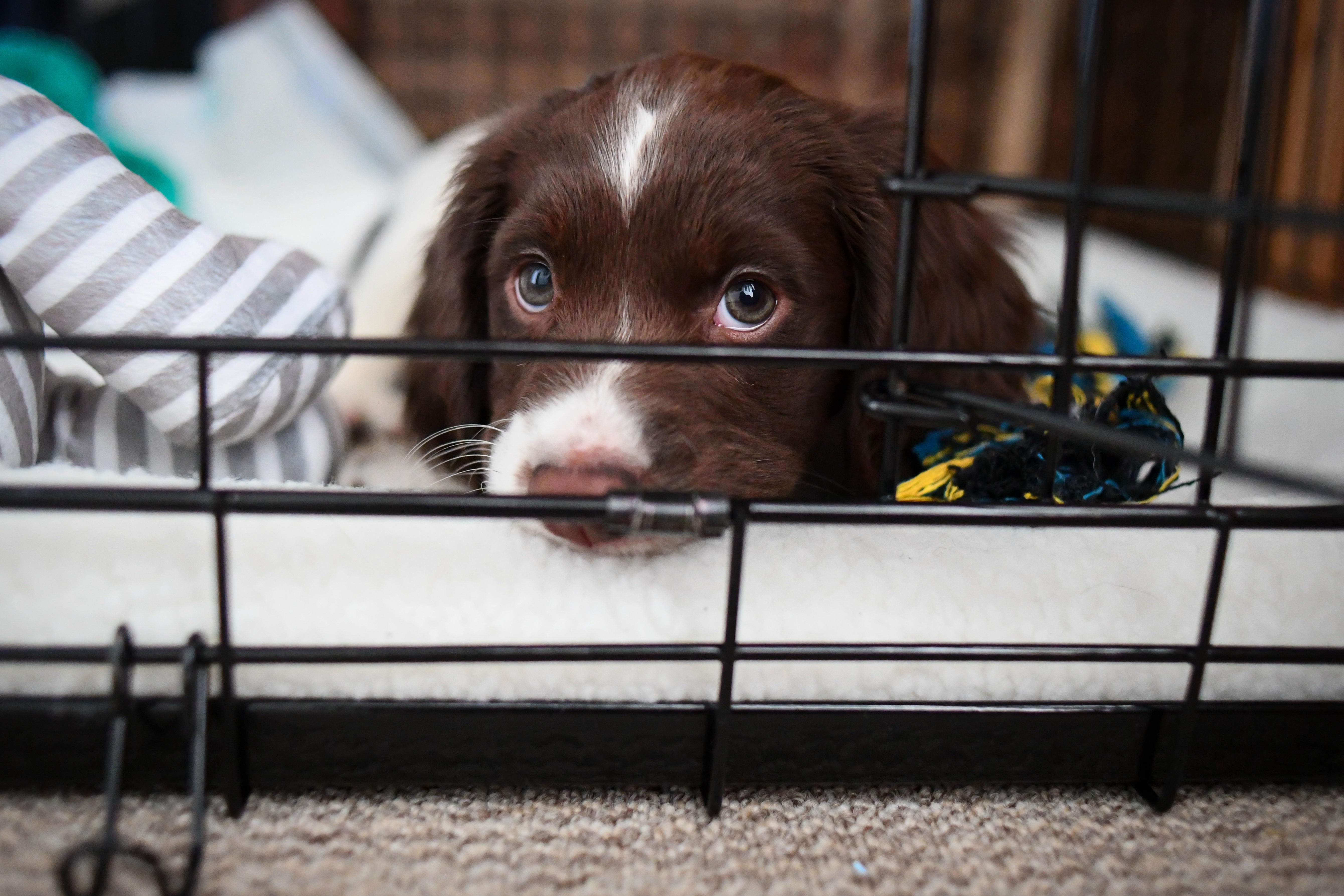
Crate training a puppy: Six tips from expert dog trainer Ben Randall
Puppy crate training can be tricky, yet it can pay dividends in all sorts of ways — even making puppy toilet
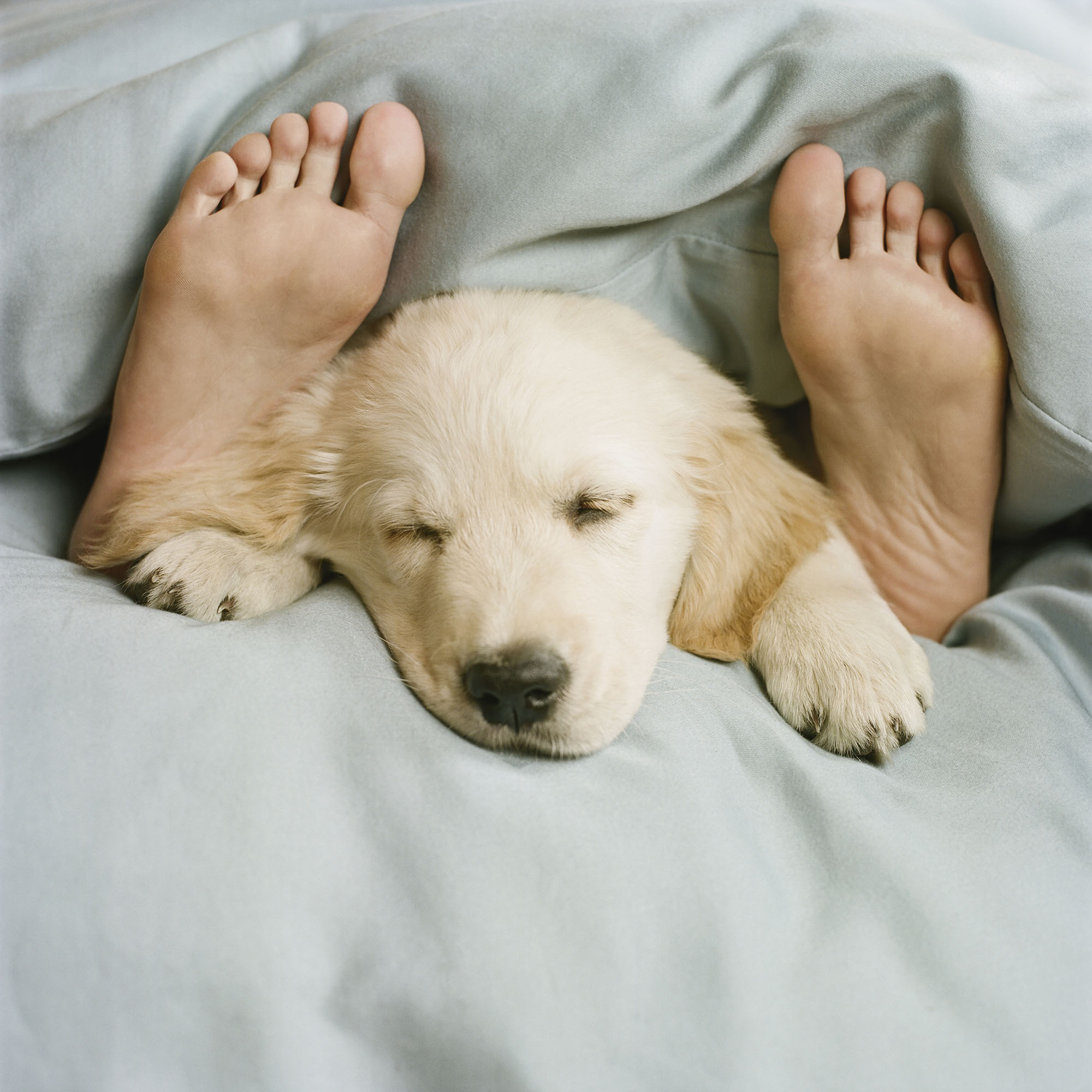
Credit: Getty Images
Should you let your dog sleep in your bed?
Some dogs and owners share a bed — but should they? Ben Randall shares his wisdom on how to make it
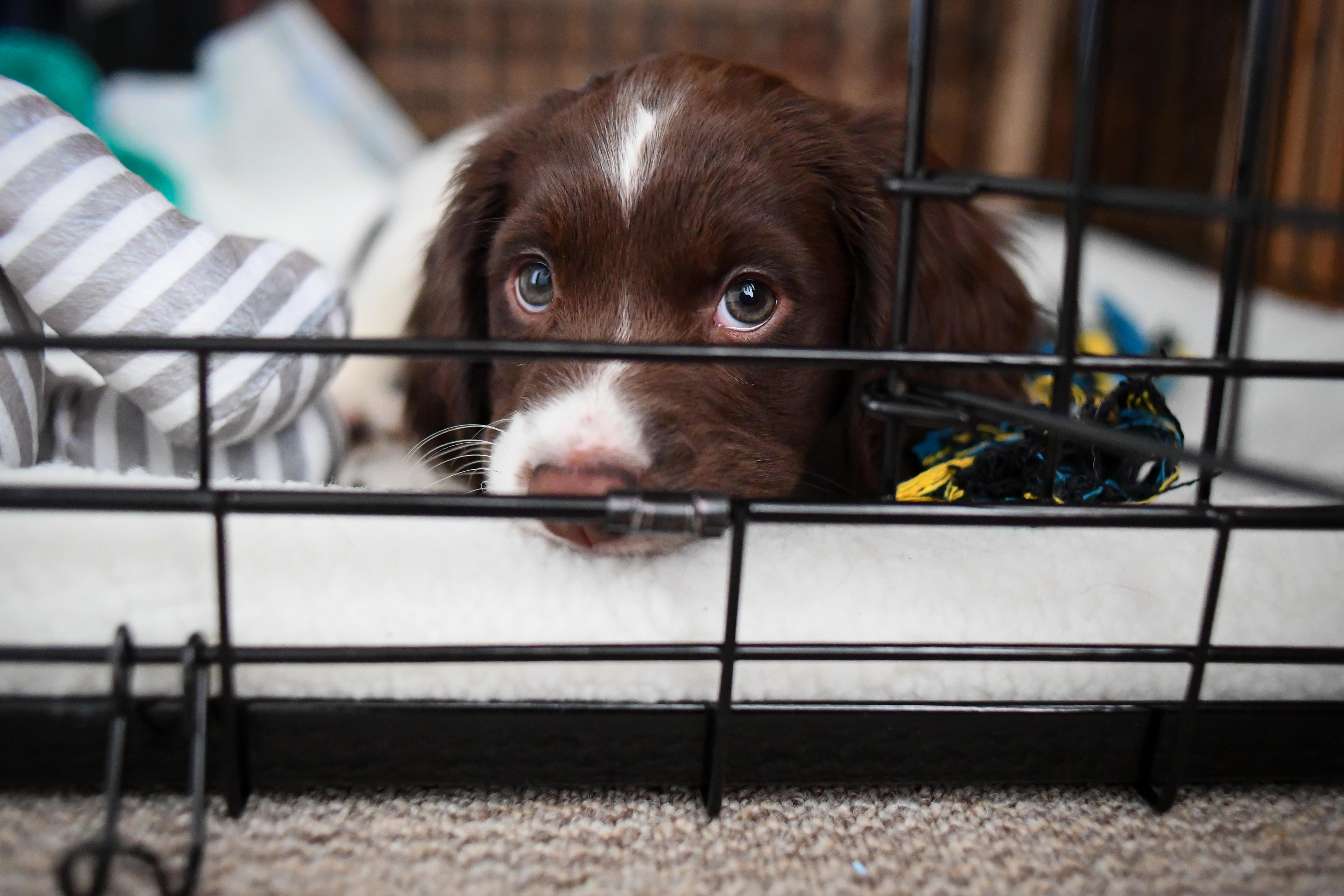
Credit: Alamy
How to stop your puppy crying at night, by dog training expert Ben Randall
The heartbreaking whimper of a puppy calling for you will tug on the heartstrings like few other things, but you
-
 ‘If Portmeirion began life as an oddity, it has evolved into something of a phenomenon’: Celebrating a century of Britain’s most eccentric village
‘If Portmeirion began life as an oddity, it has evolved into something of a phenomenon’: Celebrating a century of Britain’s most eccentric villageA romantic experiment surrounded by the natural majesty of North Wales, Portmeirion began life as an oddity, but has evolved into an architectural phenomenon kept alive by dedication.
By Ben Lerwill
-
 Never leave a bun behind: What to do with leftover hot cross buns
Never leave a bun behind: What to do with leftover hot cross bunsWhere did hot cross buns originate from — and what can do with any leftover ones?
By Amie Elizabeth White
-
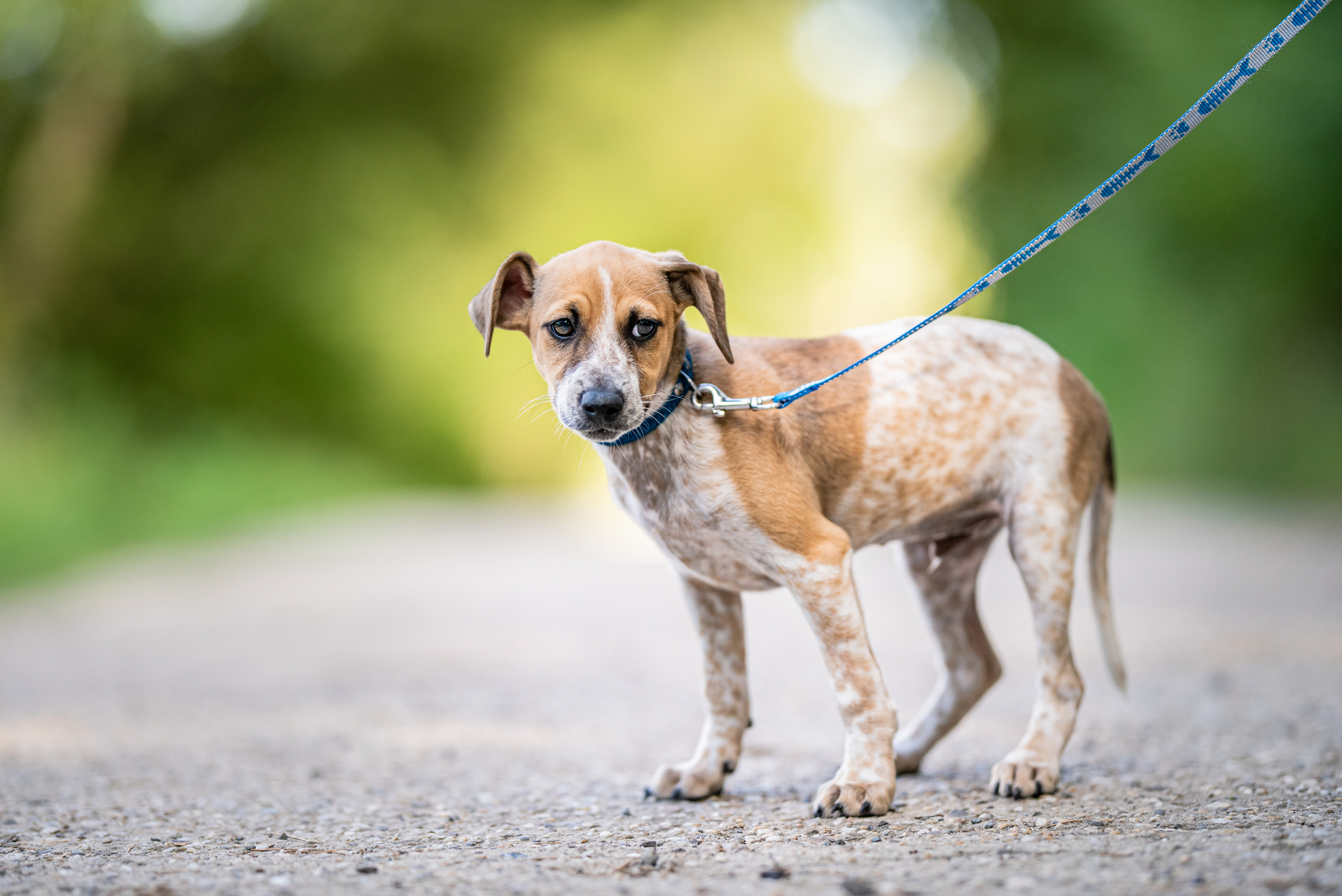 What to do when your dog gets attacked by another dog out on a walk
What to do when your dog gets attacked by another dog out on a walkBen Randall deals with a reader's difficult situation as an ordinary walk took a turn for the worse.
By Ben Randall
-
 How to deal with an older dog starting to show some bad behaviour after many happy years
How to deal with an older dog starting to show some bad behaviour after many happy yearsA-list dog trainer Ben Randall helps a reader whose ageing dog has started changing its behaviour — and not for the better.
By Ben Randall
-
 Ben Randall: Ask Country Life's canine agony uncle a question about your dog
Ben Randall: Ask Country Life's canine agony uncle a question about your dogOver the past two years our award-winning dog trainer Ben Randall has been sharing his advice with Country Life readers.
By Country Life
-
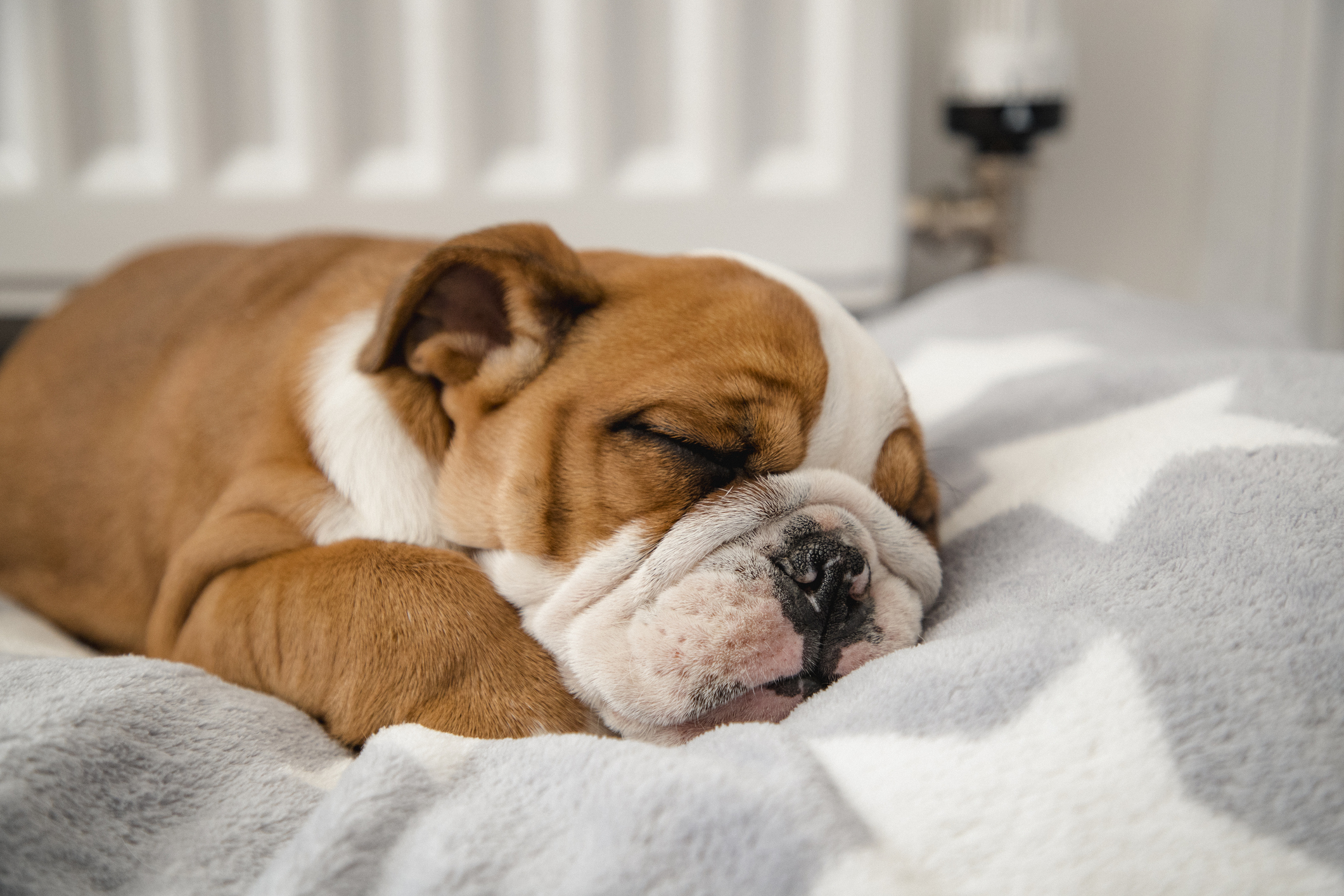 How to look after a dog who's gone deaf, by A-list trainer Ben Randall
How to look after a dog who's gone deaf, by A-list trainer Ben RandallBen Randall handles a query from a reader whose dog has lost her hearing.
By Ben Randall
-
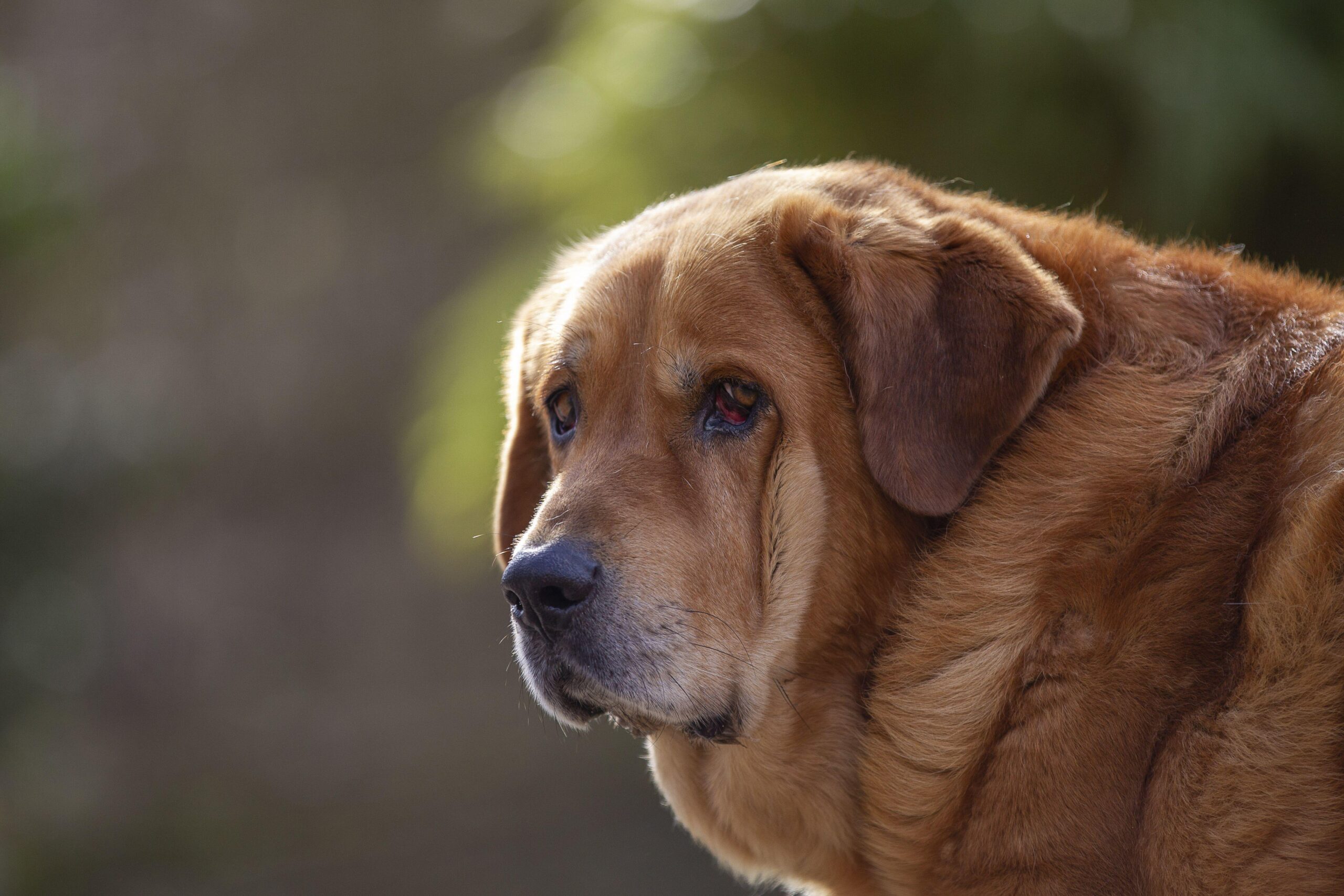 How to deal with a dog that's stronger than you are — especially when it runs off when it gets excited
How to deal with a dog that's stronger than you are — especially when it runs off when it gets excitedBen Randall tackles an issue for an owner of a dog that's almost as big as she is.
By Ben Randall
-
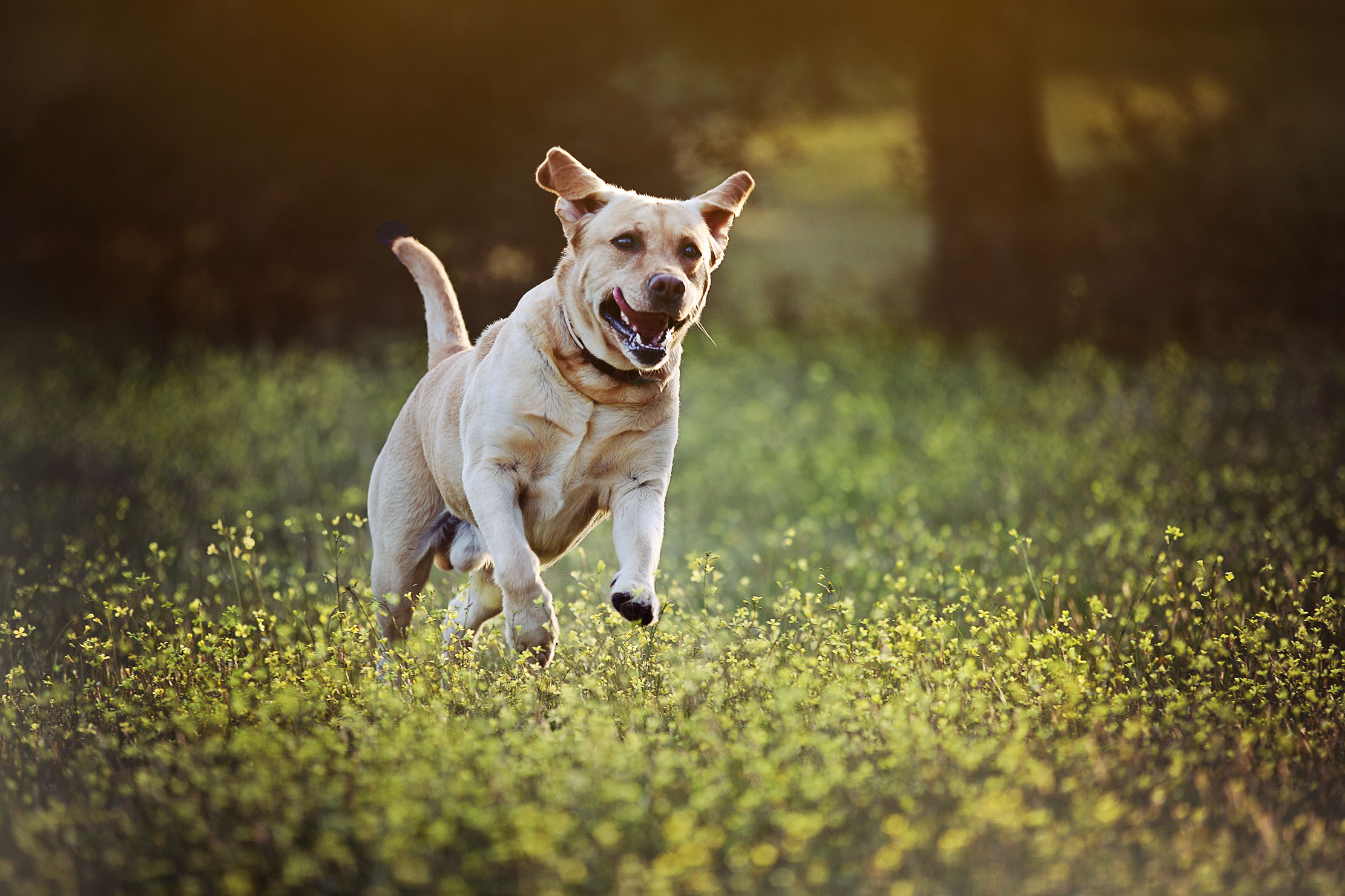 'My dog goes crazy when he sees someone with a ball launcher. How do I make him stop?': Expert trainer Ben Randall explains what to do
'My dog goes crazy when he sees someone with a ball launcher. How do I make him stop?': Expert trainer Ben Randall explains what to doTaking on a dog with ingrained bad habits can be a headache. Ben Randall explains how to retrain them to keep calm.
By Ben Randall
-
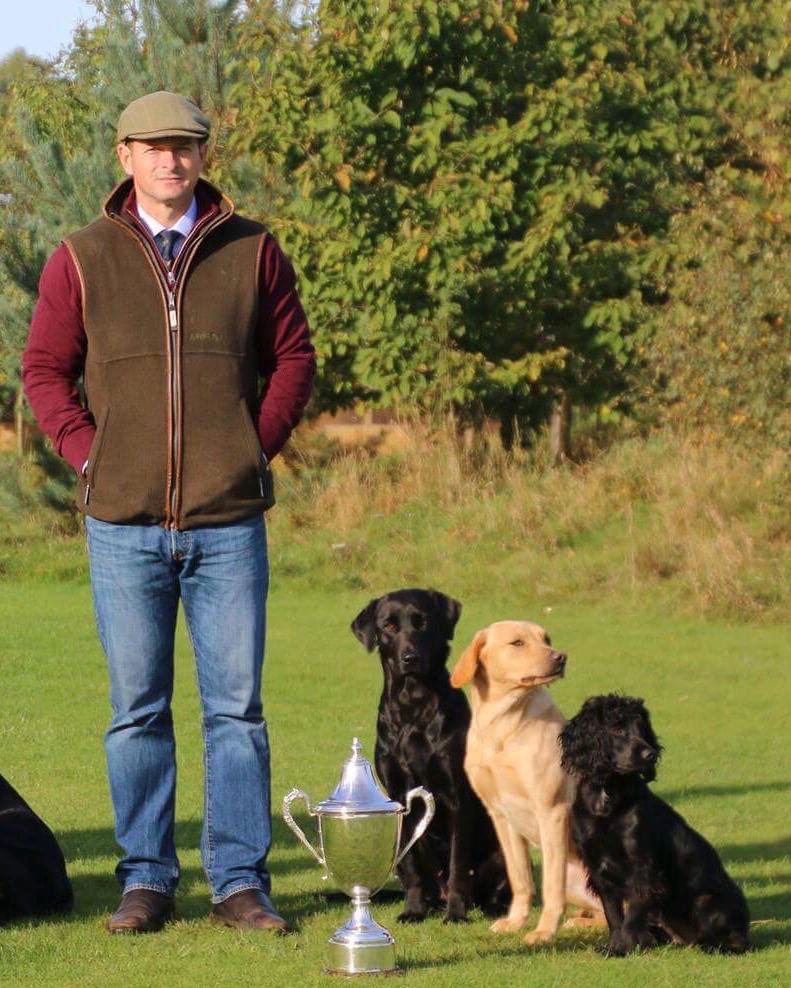 Ben Randall: Q&A with the award-winning dog trainer
Ben Randall: Q&A with the award-winning dog trainerWe speak to Country Life's canine agony uncle Ben Randall.
By Ben Randall
-
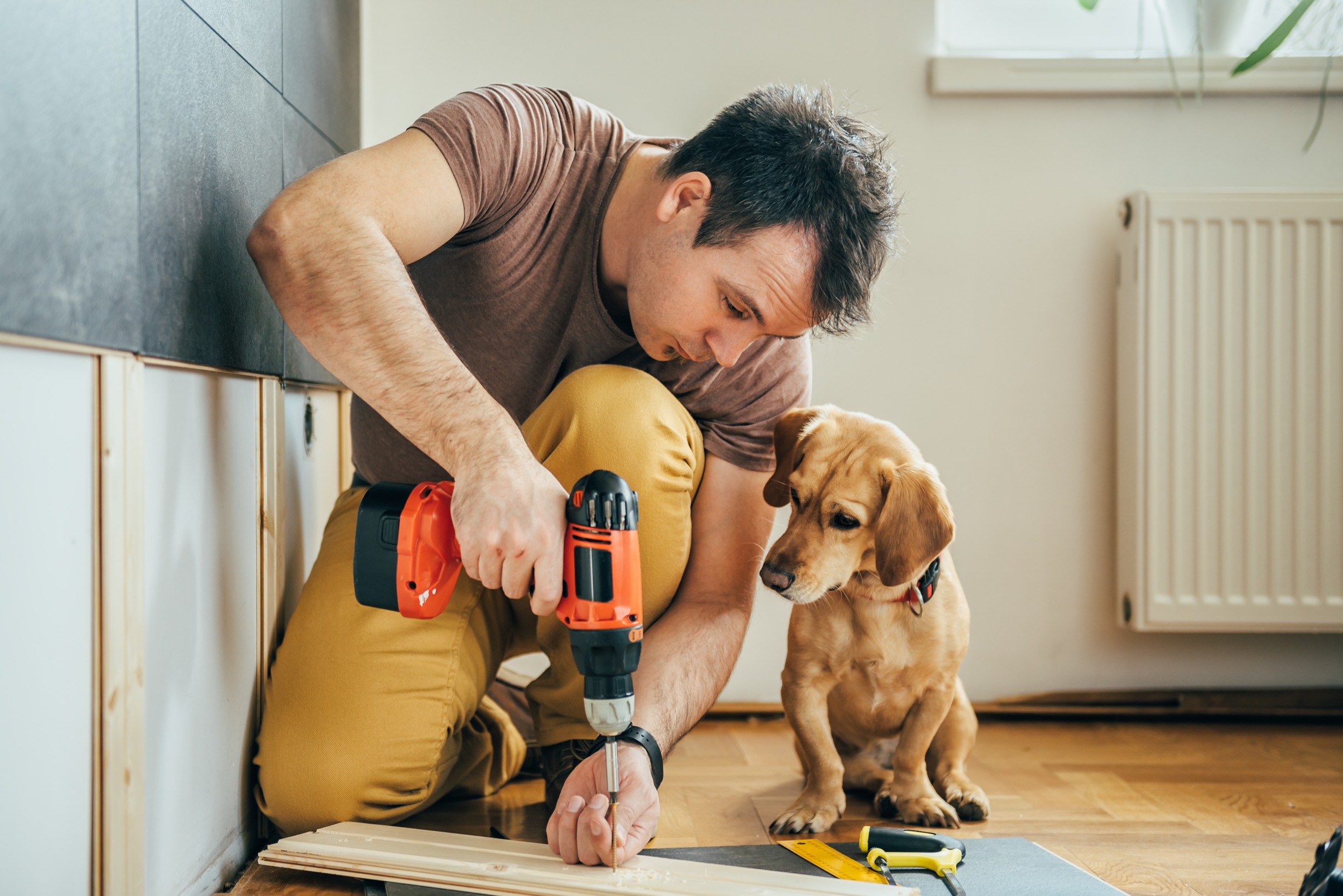 How to stop your dog from being protective and barking at builders
How to stop your dog from being protective and barking at buildersBarking can be annoying and unsettling for visitors. Ben Randall looks at how to get a little peace and quiet.
By Ben Randall